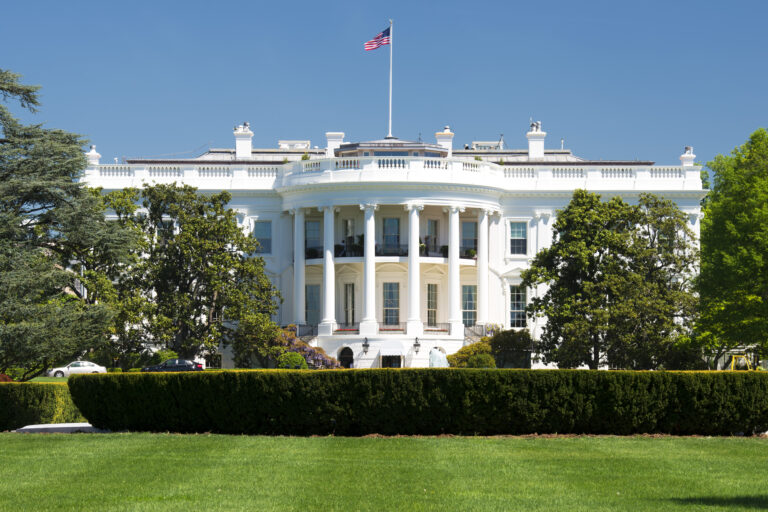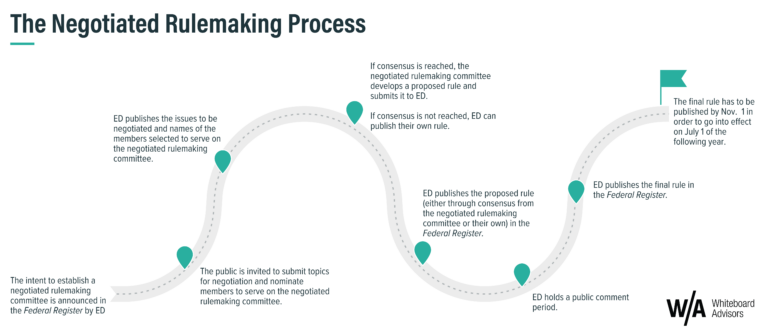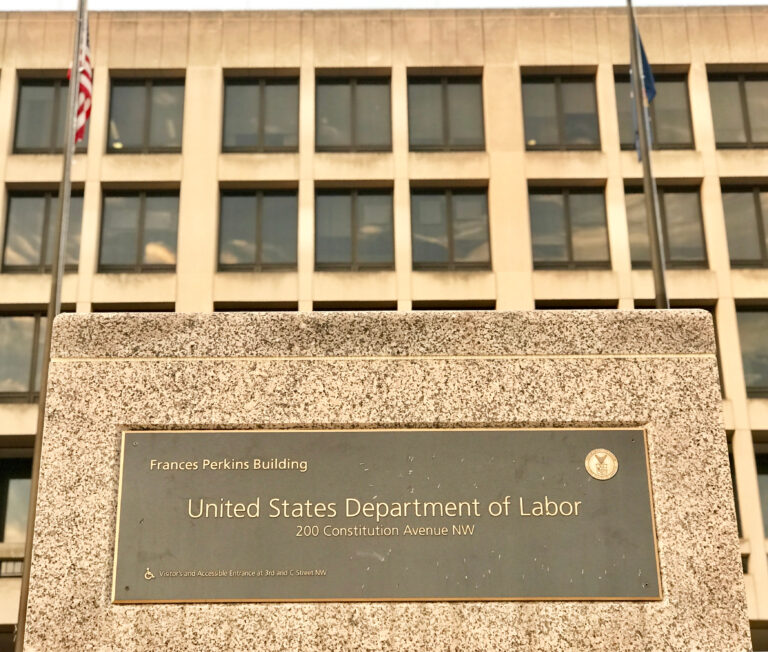Today, President Biden announced the initial details for a proposed $2 trillion infrastructure investment called the American Jobs Plan. This is part one of his expected $3 trillion proposal; the last trillion is expected to be announced in April and will focus on the “care economy,” with an expected focus on expanding the child tax credit, universal pre-K, and free community college.
Biden’s proposal would be financed by increasing the corporate tax rate and enforcement of corporate taxes and by ending certain corporate tax breaks. The White House has said that the proposal will be cost-neutral after 15 years. President Biden will provide more details during his speech this afternoon.
Democrats are aiming to pass this package by Independence Day.
The plan proposes several investments in K-12, higher education, and workforce:
K-12 Education
- $100 billion to provide universal high-speed broadband Internet coverage, including on tribal lands and in underserved communities, and to reduce the cost of broadband Internet.
- $100 billion to help upgrade and build public schools that will safely serve students from low-income backgrounds. Half of this investment would be provided as direct grants and half would be provided as bonds. This proposal includes commitments to improve indoor air quality and ventilation, increase energy efficiency, and reduce emissions and waste.
- $45 billion to replace all lead pipes and service lines in the country, including in schools and childcare facilities.
Higher Education
- $12 billion to help community colleges address existing physical and technological infrastructure gaps. States would also be required to use this funding to develop strategies to increase access to community colleges in so-called “education deserts,” which are areas that lack local options for postsecondary education.
- $10 billion for research and development (R&D) at historically Black colleges and universities (HBCUs) and other minority-serving institutions (MSIs), as well as $15 billion to establish up to 200 research incubators at HBCUs and other MSIs.
- These investments are part of a broader $180 billion investment in R&D at laboratories and other facilities across the country.
Workforce
- $100 billion to support “proven workforce development programs” for youth, including:
- $40 billion to create a Dislocated Workers Program that will provide career services and sector-specific job training to workers who have lost their jobs. The job training would focus on high-demand, high-growth fields such as clean energy and caregiving.
- $12 billion to create additional workforce development opportunities targeted specifically to underrepresented workers, including people of color and people who have been previously incarcerated.
- $48 billion for workforce development infrastructure and workforce protection, including to:
- Expand the capacity of registered apprenticeship programs by up to 2 million slots.
- Increase diversity in pre-apprenticeship programs.
- Support career pathway programs in middle and high school to expand access to computer science and career and technical education.
- Support community college partnerships that provide job training focused on developing skills that employers need.
- $400 billion to expand access to caregiving for elderly adults and people with disabilities, create new caregiving jobs, and increase wages and benefits for caregivers.
- $25 billion to upgrade and increase the number of child care facilities. This funding will be provided to states through a new Child Care Growth and Innovation Fund.
- Biden is also proposing an expanded tax credit that will incentivize employers to build child care facilities for their employees by reimbursing them for 50% of the first $1 million in construction costs.




